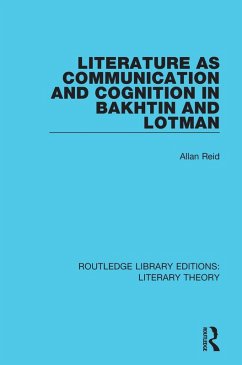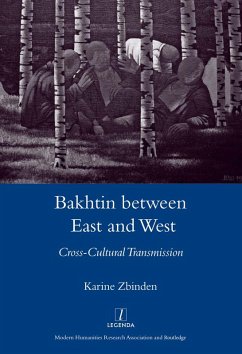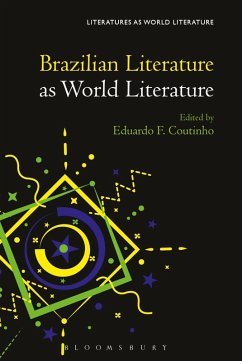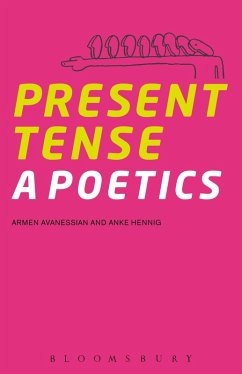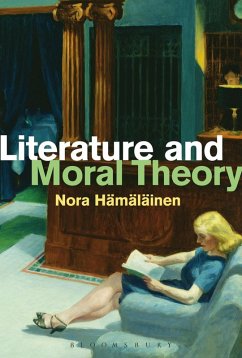
Romantic Literature in Light of Bakhtin (eBook, ePUB)
Versandkostenfrei!
Sofort per Download lieferbar
30,95 €
inkl. MwSt.
Weitere Ausgaben:

PAYBACK Punkte
15 °P sammeln!
Literature and literary criticism throughout the twentieth century are famous for their proclamations of the death of the author, the eclipse of character and the "nothingness of personality," as Borges put it. Walter Reed investigates the ideas of personhood developed by one of the most influential literary theorists of the last century: Mikhail Bakhtin. He finds in Bakhtin a personalism based on the idea of an ongoing dialogue between authors and their heroes in imaginative literature. Such a model of inter-personality, Reed argues, allows us to appreciate the rich possibilities of personhoo...
Literature and literary criticism throughout the twentieth century are famous for their proclamations of the death of the author, the eclipse of character and the "nothingness of personality," as Borges put it. Walter Reed investigates the ideas of personhood developed by one of the most influential literary theorists of the last century: Mikhail Bakhtin. He finds in Bakhtin a personalism based on the idea of an ongoing dialogue between authors and their heroes in imaginative literature. Such a model of inter-personality, Reed argues, allows us to appreciate the rich possibilities of personhood set forth in the earlier nineteenth-century period of Romanticism. Elaborating a new general theory and providing close readings of classic works of Romantic poetry and fiction, Romantic Literature in Light of Bakhtin offers a better understanding of the preoccupation with the individual, creative self that lay at the heart of this revolutionary literature that still speaks to readers today.




